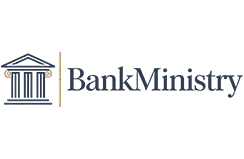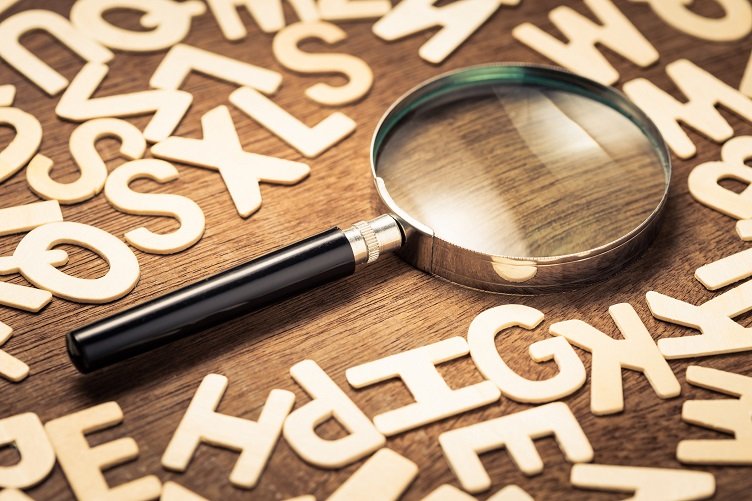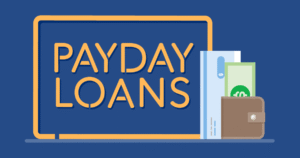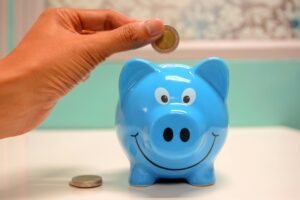To properly manage your personal funds, you need to know the basics of banking. If you want to make better financial decisions or just open your first bank account, learning basic banking terms and ideas can help you feel more confident in the complicated world of money. This guide will teach you important terms and ideas that every buyer needs to know in order to make smart banking decisions.
What is a bank account?
A bank account is a savings or checking account that is held by a bank for a customer. This is where you can put money in, take money out, and do other things. Checking and savings accounts are the most common types of bank accounts. Each type is made for a different reason with money. You use a checking account to make everyday purchases, and a savings account to keep your money safe and earn interest.
How to Understand Interest Rates
Interest rates show how much it costs to borrow money or how much you get back on savings. Many banks will give you interest on your savings when you keep them there for a while. On the other hand, you pay interest to lenders when you take money through loans or credit cards. If you understand how interest rates work, you can save more money and borrow less.
What is the sign for an annual percentage rate (APR)?
The Annual Percentage Rate, or APR, shows how much it costs to borrow money each year, including fees and interest. It’s often used to talk about how much credit cards, mortgages, and loans cost. The APR is a normal way to figure out how much a person will pay each year, which helps people compare different loan deals. A lower APR means that it costs less to borrow money.
Requirements for Minimum Balance
A lot of bank accounts have minimum balances that you need to keep to avoid fees or get certain perks. The least amount of money you have to keep in your account at all times is given here. The bank may charge you a monthly fee if your sum drops below this amount. If you know what the minimum amount standards are, you can avoid charges that aren’t necessary.
What Do Overdrafts Mean?
You have an overdraft when you spend more than you have in your checking account, leaving it with a negative amount. Some banks offer overdraft insurance, which can cover the gap briefly but usually costs money in the form of fees or interest. If you know how overdrafts work, you can avoid expensive fees and be more careful with your buying.
How Online and Mobile Banking Work
You can get to your bank accounts through the internet or apps on your phone with online and mobile banking. You can use these tools to check your amounts, send money to other accounts, pay fees, and deposit checks from afar. Familiarizing yourself with these tools makes things easier and helps you handle your money better.
Direct Deposit and Payments Made on Their Own
When you use direct deposit, your paycheck or other payments are sent online straight to your bank account. It’s safer and faster than paper checks. You can set up scheduled payments so that regular bill payments are taken out of your account without you having to do anything. By using these services, you can avoid late fees and make handling your money easier.
How do you use a debit card?
A debit card is a payment card that is linked to your bank account. Withdrawing cash from ATMs or making purchases with the money in your account is possible. With a debit card, you don’t have to take money like you do with a credit card. To keep your bank account in good shape, you need to know how to use your debit card wisely.
Paper checks and checkbooks
Checks are written instructions that tell your bank to send a certain amount of money to someone or a business. Checks are still used to pay for things like rent or bills, even though they are used less and less these days. A checkbook is a book with blank checks inside. To avoid scams or checks that don’t clear, it’s important to know how to write and handle checks safely.
What Are Fees at the Bank?
Banks may charge different fees for services like overdrafts, account maintenance, using ATMs, wire payments, and more. These fees are different for each bank and account type. Read your account details and be aware of any possible fees. This will help you avoid shocks and keep your banking costs low.
Do you know what a certificate of deposit (CD) is?
A certificate of deposit, or CD, is a way to save money that gives you a set rate of interest for a certain amount of time, like six months or five years. Most of the time, CDs offer better interest rates than regular savings accounts, but you have to keep your money in them until the term ends. Knowing more about CDs can help you save more money in the long run.
How do I get a credit score?
Based on your credit past, your credit score is a number that shows how creditworthy you are. It changes your chances of getting loans, credit cards, and good interest rates. A lot of the time, banks use your credit score to decide if they will accept your loan application and what terms they will offer. It’s important for your financial health to keep your credit score high.
How to Read Account Statements
An account statement is a piece of paper that your bank sends you that lists all of the transactions that happened in your account during a certain time period, usually a month. It includes money put in and taken out, fees, and interest made. Regularly going over your bills helps you keep an eye on your money, find mistakes, and stop scams.
How do I use mobile deposit?
You can deposit checks using mobile deposit, which lets you take a picture of the check and deposit it with your phone. This easy way saves time because you don’t have to go to a bank store. If you know how to use mobile transfer properly, your money will be sent to you quickly and safely.
Why security measures are important
To keep your funds safe, banks use things like encryption, two-factor login, and scam tracking. You should also protect your banking information as a customer by using strong passwords, staying away from public Wi-Fi when making transactions, and checking your accounts often for any strange activity.
How to Become a Trustworthy Bank Customer
Knowing the most important banking words and ideas will help you make smart financial choices and handle your money well. Smart banking starts with learning the difference between a checking account and a savings account and how interest rates and fees affect your account. If you learn, you can stay away from common mistakes, save money, and build a strong financial future.



